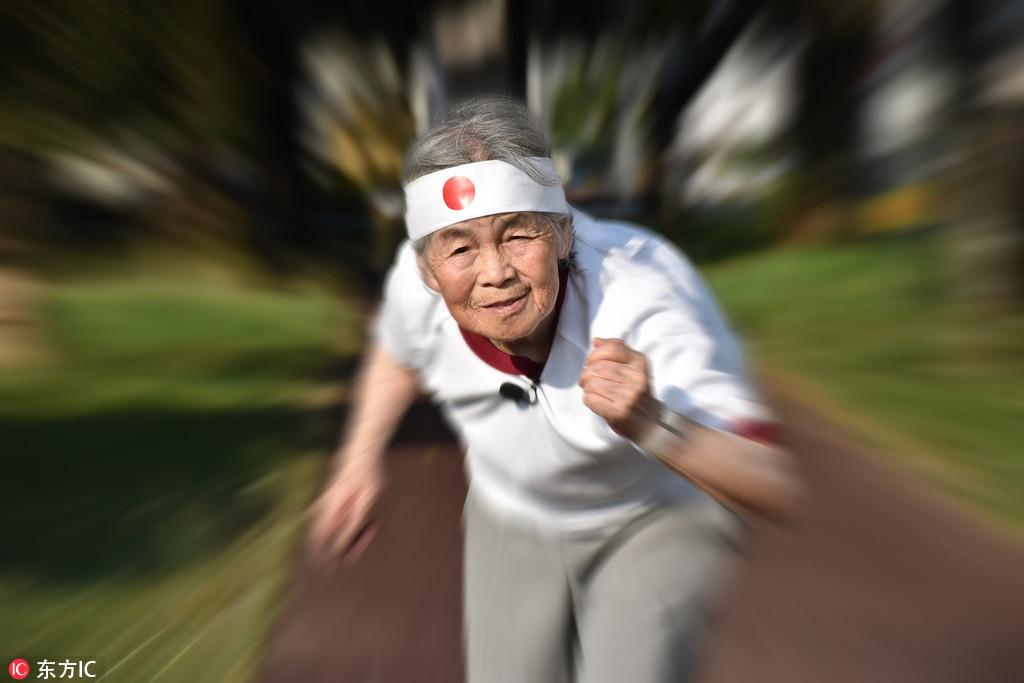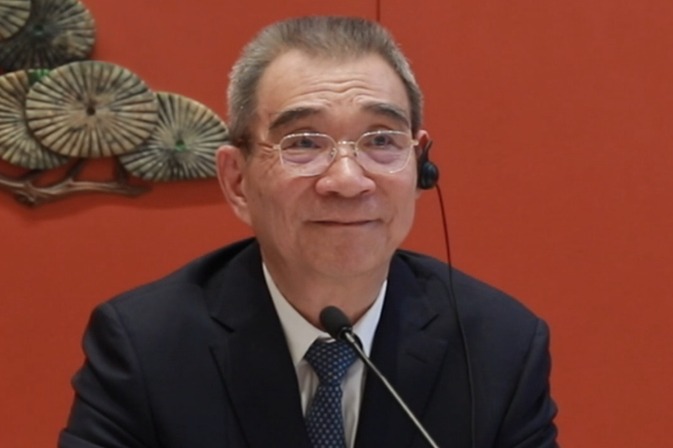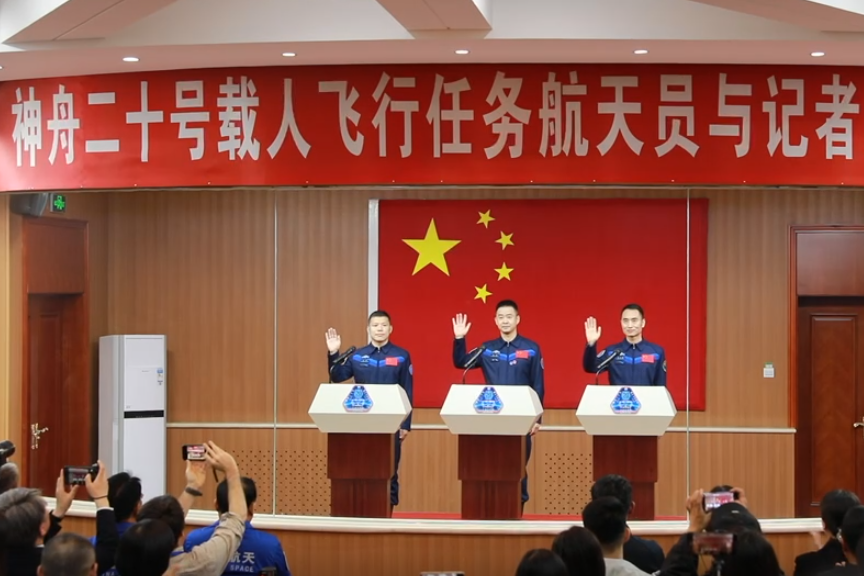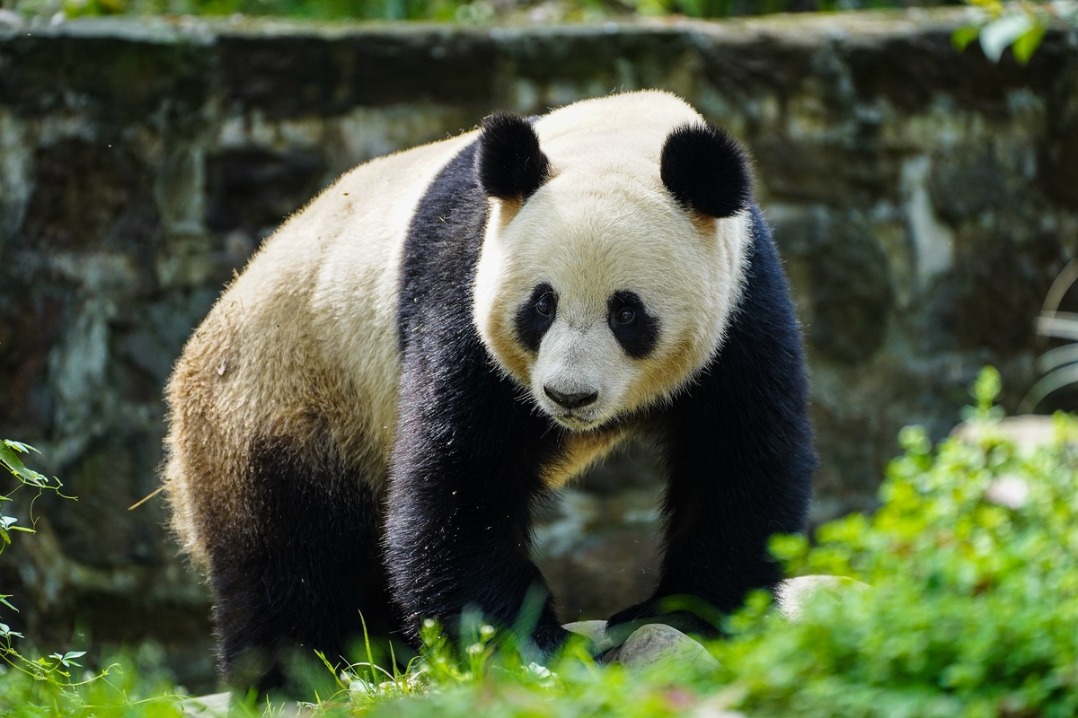Japan, short of workers, eyes hiking optional pension age beyond 70
Agencies | Updated: 2018-02-17 13:35

* Govt approves plans to let workers draw pensions after 70
* May raise retirement age for 3.4m civil servants to 65
* Japan is facing worst labor shortages in four decades
TOKYO - Japan has okayed plans to let people choose to start drawing their state pensions beyond the age of 70 as it grapples with severe labor shortages, ballooning welfare costs and a shriveling tax base stemming from its graying population.
The government said on Friday it would look to cement the proposals through legal changes after April 2020, adding that it would look at raising in stages the mandatory retirement age for some 3.4 million civil servants to 65 from the current 60.
Japanese people can currently choose to start receiving their pensions at any point between the ages of 60 and 70, with bigger monthly payments offered to those who do so after their 65th birthdays.
The policies may offer clues to how countries from Germany and Italy to China and South Korea could deal with the challenges sparked by their own ageing societies, from a lack of workers to spiraling welfare spending.
Japan has the world's highest life expectancy, while the number of births last year fell to their lowest since records began over a century ago. Its population will shrink to 88 million from the current 127 million in the next four decades, the government estimates.
The grim demographics, coupled with a reluctance to loosen tight immigration rules, have led to the worst labor shortages since the early 1970s. The squeeze stifles the potency of Prime Minister Shinzo Abe's economic policies, the International Monetary Fund has said.
Abe has pushed for more elderly people to remain in work and stay active in later life, as part of his "work style" reforms aimed at revving up economic growth and productivity. The government said on Friday it would also support companies that raise their mandatory retirement age.
Most Japanese companies require full-time employees to retire at 60. The system is a keystone of Japan's traditional jobs-for-life employment structure where workers are virtually guaranteed employment from graduation to retirement.
More than half are planning to raise the retirement age, a Reuters poll last year showed.
























